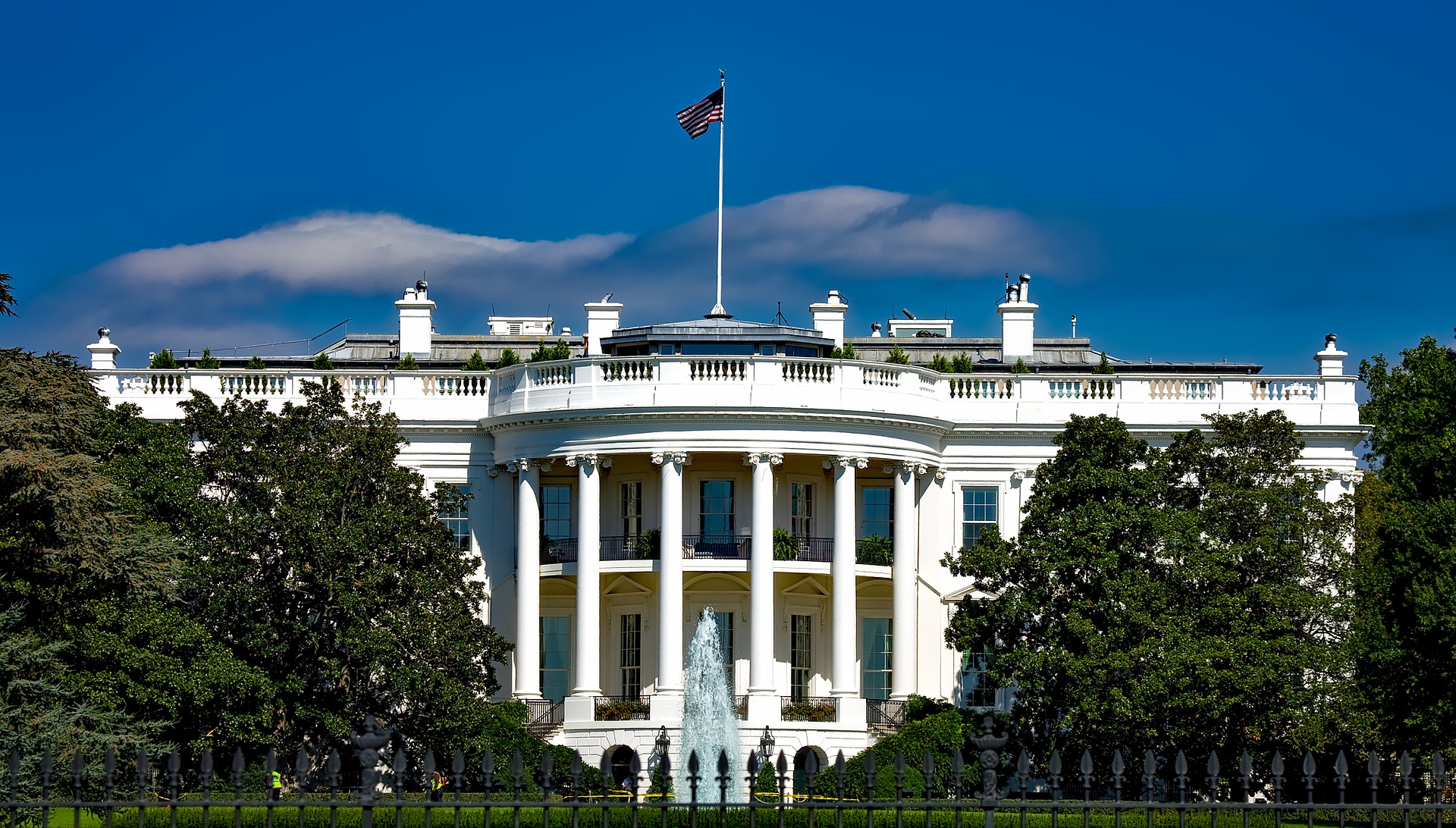US Regulators Agree to Ramp Up Oversight of Systemically Risky Non-Banks

In a significant policy shift, U.S. regulators have cleared the path for an increased oversight of asset managers, hedge funds, and other non-bank financial institutions that are perceived to pose potential risks to the country’s financial system. This move marks the revival of a robust regulatory framework that had been sidelined during the previous administration of President Donald Trump.
The Financial Stability Oversight Council (FSOC), led by the Treasury Department and composed of other major federal agencies, has also introduced a new framework aimed at identifying impending risks within the financial system. This decision is an integral part of the council’s ongoing effort to enhance transparency in its operations. Both these changes to the process of designating non-banks as “systemically important financial institutions” (SIFIs) were initially proposed in April.
Regulators have expressed mounting concerns regarding the migration of financial activities, including lending, towards non-bank entities, which are often associated with a lower level of transparency. However, the new regulatory approach has met with swift criticism from the financial industry.
Although FSOC has not yet named any specific non-bank SIFIs, it is expected to focus its attention on major global asset managers and hedge funds, such as BlackRock and Bridgewater. This could potentially subject them to oversight by the U.S. Federal Reserve and impose heightened capital and liquidity requirements. BlackRock and Bridgewater have not issued immediate comments on this development.
Friday’s decision marks a reversal of the Trump administration’s policy, which emphasized regulating risky activities rather than singling out individual firms. Treasury Secretary Janet Yellen stated that the previous approach was based on a “flawed view of how financial risks develop and spread.” However, she emphasized that designating firms as SIFIs is just one of several tools at the panel’s disposal. Under the revised process, FSOC will identify potential SIFIs based on existing information and provide the company with an opportunity to respond. If FSOC decides to move forward, the company will then engage in discussions with its primary regulator and FSOC. A designation will only be made if two-thirds of FSOC’s 10 members vote in favor, and these designations will be subject to annual review.
The new process has faced criticism from Eric Pan, the head of the Investment Company Institute, which represents global asset managers. He described SIFI designation as a “blunt tool” that places an excessive focus on individual companies rather than providing a comprehensive assessment of risk.
Similarly, the Managed Funds Association, which represents hedge funds, argued that non-banks do not pose the same level of risk as traditional banks. MFA President and CEO Bryan Corbett criticized the guidance, stating that it introduces uncertainty for market participants and relies on a “black box designation process.”
Notably, during President Barack Obama’s tenure, FSOC designated four non-bank SIFIs, which faced vehement opposition from the financial industry. MetLife, Inc successfully challenged its designation in court, and General Electric Capital Corporation shed its designation in 2016 after significantly downsizing its operations. Furthermore, the Trump administration lifted the designations of American International Group, Inc, and Prudential Financial, Inc.
While the change in the regulatory framework makes it somewhat easier to designate a non-bank as a SIFI, it remains a meticulous process expected to take at least a year from start to finish, according to Ian Katz, the managing director of the policy research firm Capital Alpha Partners. This shift underscores the U.S. regulators’ commitment to ensuring financial stability and safeguarding against potential systemic risks in the evolving landscape of the financial industry.
Article Credit: https://www.grcreport.com/post/us-regulators-agree-to-ramp-up-oversight-of-systemically-risky-non-banks-2?mc_cid=2ee89717cc&mc_eid=6ebe4ab703
